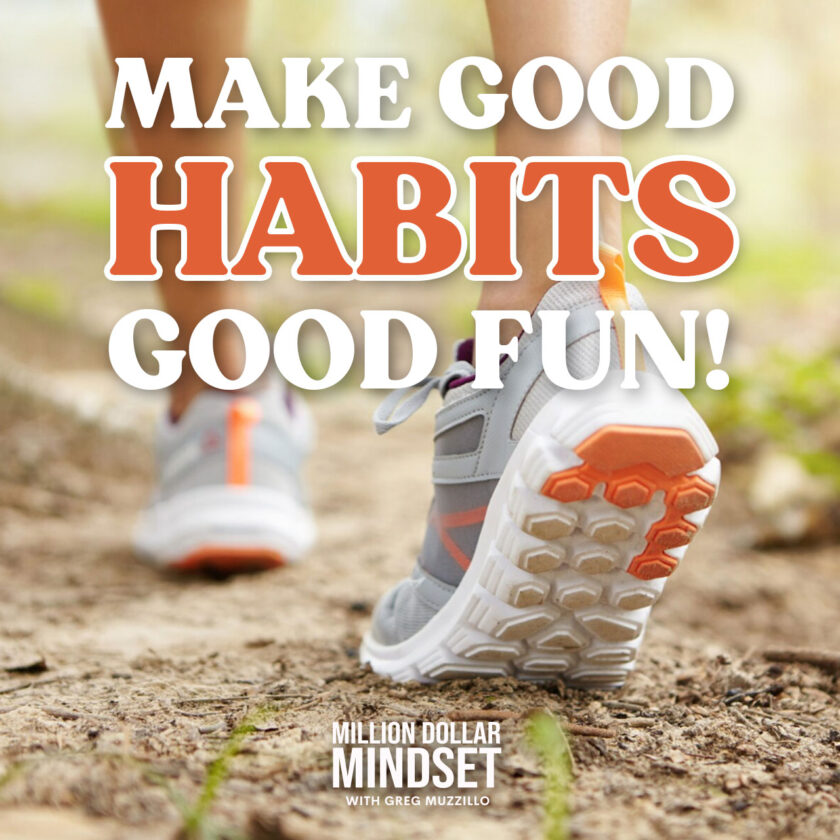IN MAY 2007, The New York Times published an article about schools on the cutting edge of the educational technological revolution. These institutions had instated programs through which each student had access to his or her own laptop computer. The students could do research easily through wireless networks and lesson plans could incorporate advanced graphics and tools.
The schools scrapped the programs. As the article reported, the laptop-based lessons were constantly hindered by technical problems and inconsistencies. Students rarely used the computers for research, opting instead to play games, chat via instant messaging programs, watch videos on YouTube, cheat on tests and even view pornography. The computers were in constant need of repair and virus removal. Many teachers decided not to use the computers at all.
With the abolishment of the one-computer-to-one-student programs, these schools hope to better allocate resources to improve education.
Regardless of the changing technological face of the world at large, basic education still relies on only a few items. Even in math classes, pencil and paper are sometimes the only necessity. The GRE (Graduate Record Exam) does not permit any tool more advanced than a mechanical pencil to demonstrate a college undergraduate career’s worth of learning.
So it appears technology is not always the answer. According to C.J. Schmidt, vice president of sales at Hit Promotional Products, Largo, Fla., staple items continue to remain strong in the education market. It is the use of a given educational product that makes it successful, though there is always room for new design. One of Hit Promotional Products’ newest and most successful items is a sticky note case with a calendar. Another successful series consists of cases that hold clips, rubber bands, sticky notes, push pins or other small desk items. “I think that’s perfect for every student to have,” said Schmidt. The success of these items stems from the fact that every school, even the ones with sophisticated computer programs, still rely on paper and writing instruments.
There are many different trends within schools and among student bodies. Local government decisions regarding schools also open doors for distributors. “A lot of schools require [students] to have a see-through bag, so they can see what’s in [a student’s] backpack, due to all the crime in schools,” said Schmidt. To capitalize on this regulation, Hit Promotional Products added a drawstring bag with a clear plastic window to its collection. The company also recognized young people tend to be the greatest purveyors of trends and fashion, so items such as iPod and MP3 player cases are also part of Hit’s educational offerings.
But educational and school promotional items do not necessarily achieve their sole benefit from their utility. “The growing part of our business is actually our recycled product line, and in the industry, we’re pretty well known for our recycled products,” said Melissa Keller, general manager at PPC/GreatStuff!, Mannsfield, Ohio. Keller said the company’s best selling item in its recycled line is a 12″ ruler. She pointed out the recycled items make especially good educational promotional products because, in addition to the intended use, they also convey lessons about conservation and the re-use of existing materials. Despite the increased cost of recycled items, many distributors are being specifically asked for the items because of the environmental and ecological messages such products send.
Currently, one popular promotion is for waste management companies and recycling companies to give recycled educational items to local schools. The hope is that with a physical example of a recycled item, students will gain excitement and knowledge about the process. “Trying to educate the children on how important it is to recycle and re-use, I think that’s more of the push we see at the school level,” said Keller.
Promotional products suppliers and distributors need not be passive after products are in the classroom. Keller said PPC/GreatStuff! is happy to work with groups to provide education about their products and manufacturing techniques. In one instance, the company was invited to participate in a campaign with Disney World. “We provided photographs that show the process that our products go through,” said Keller. “We also provided the shred that we use, as well as the resin [used to hold the product together].” Keller said the items usually have a message relating to recycling and explain what objects the new item used to be. “We do provide educational materials if people would like them,” she said.
PPC/GreatStuff’s! recycled products can be made from denim, U.S. currency that has been pulled from circulation by the treasury, phone books, newspaper and sawdust. The company’s newest recycled material is the casing of old electronic items, such as computers. So all those laptops schools are dumping may find their way back into classrooms, this time as rulers and pencil cases, which never become obsolete.



